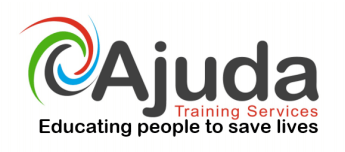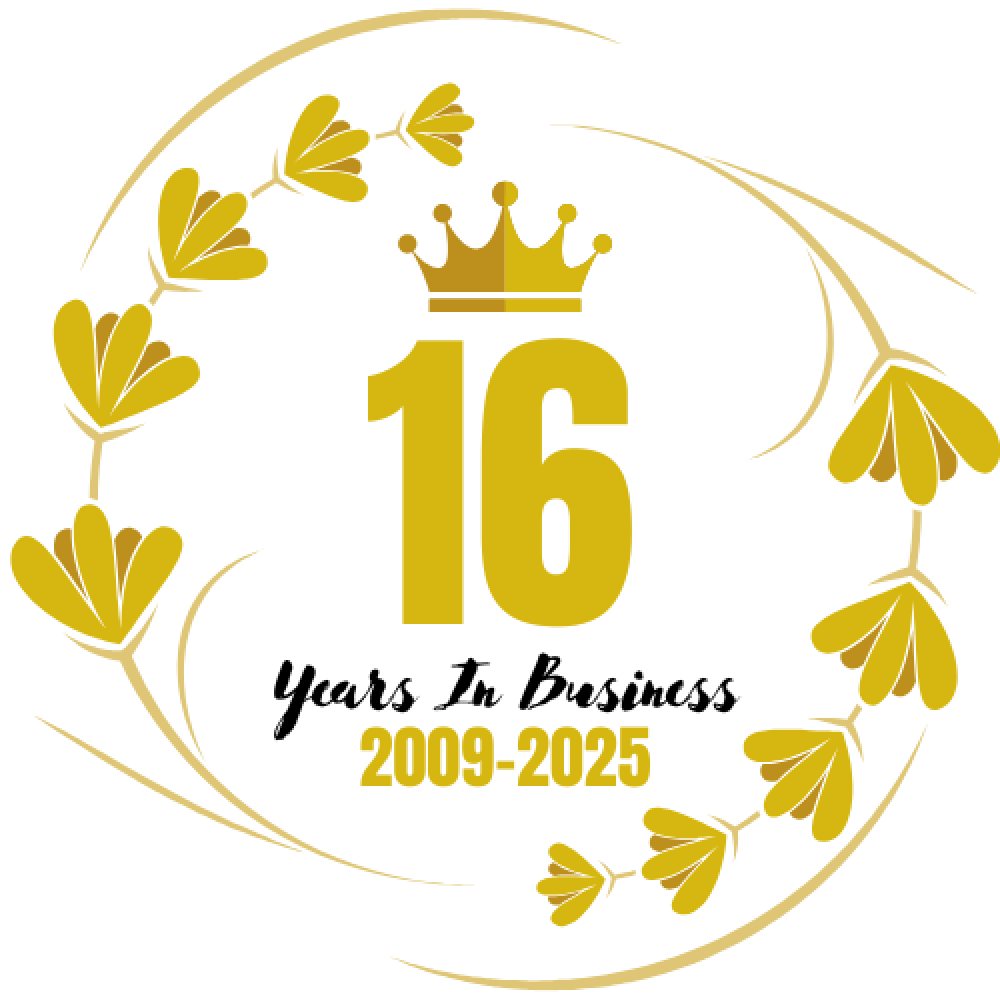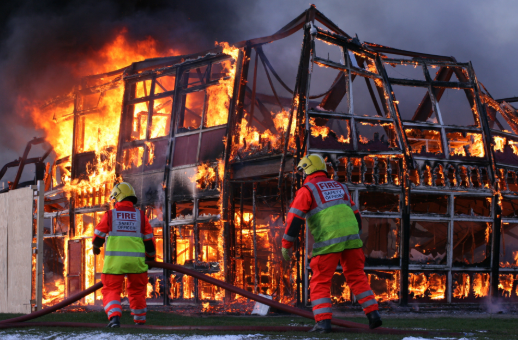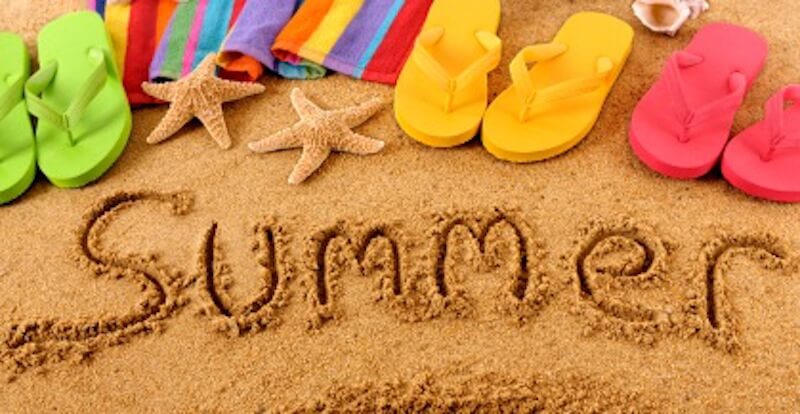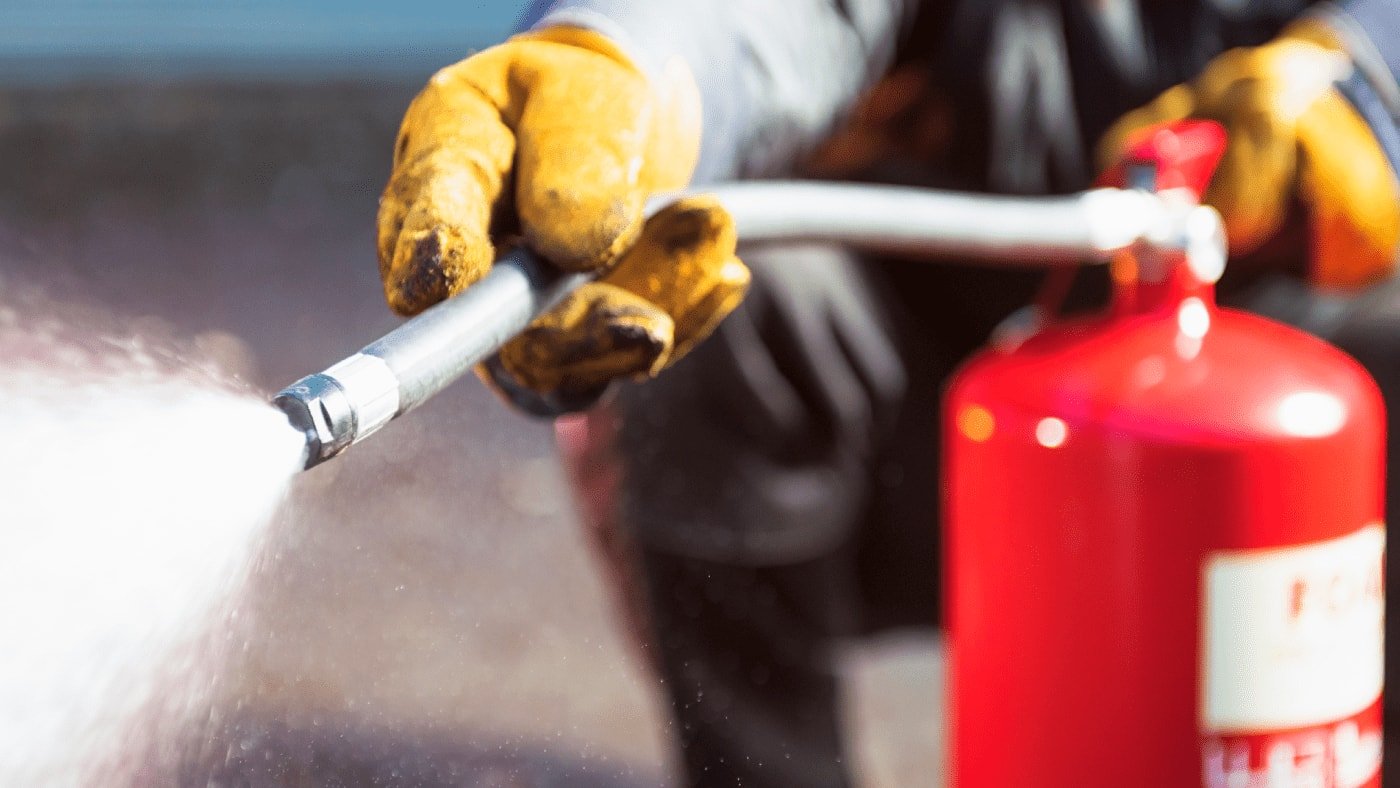According to the Royal Society for the Prevention of Accidents (RoSPA), more than 6,000 people will end up in hospital on Christmas Day and over the Christmas period more than 80,000 people visit A&E and these numbers appear to be rising. Not only is there an increase in admissions due to common winter illnesses, hospitals in the UK see thousands of people treated for Christmas-related injuries. Christmas sees injuries from knives, trips (e.g. from fairy light wires), food poisoning and burns. With serious incidents such as house fires also being more common than during other times in the year; People are 50% more likely to die in a house fire over Christmas than at any other time of year. Approximately 350 people a year are hurt by Christmas tree lights, according to RoSPA. Injuries include people falling while they’re putting them up, children swallowing the bulbs, and people getting electric shocks and burns from faulty lights. RoSPA’s advice is to ‘Test your lights and the wiring before you put them up, as they can deteriorate over the years. If you have old lights, buy new ones that meet higher safety standards, don’t overload sockets, as that’s a fire risk.’ – Since 1996, 31 people have died from watering their Christmas tree with the lights plugged in – 1 in 10 people burn themselves while setting fire to Christmas pudding – 350 people a year are hurt by Christmas tree lights – 1,000 people a year are hurt when decorating their homes – People are 50% more likely to be in a house fire at Christmas than at any other time of the year – Do not leave candles unattended (this advice should be followed throughout the year) – Ensure Christmas cards and wrapping paper are kept clear of open flames (e.g. do not hang cards above the fireplace and do not light candles near cards) – To reduce the risk of trips, slips and falls, keep holiday clutter to a minimum (e.g. invest in a cable tidy to keep stray wires minimal) – Watch out for small items that could cause a choking hazard, particularly in young children (e.g. Christmas cracker prizes) – Open packaging with scissors not knives to avoid careless injuries – If you have old Christmas lights, consider investing in new ones which will meet much higher safety standards – Keep the lights switched off until the Christmas tree is decorated and don’t let children play with the lights (some have swallowed the small bulbs) – Don’t overload sockets – Don’t let bulbs touch anything that can burn easily such as paper (this includes decorations) – Keep glass baubles out of reach of toddlers and pets – Don’t be tempted to leave the lights on when going to bed or when leaving the house – Follow the instructions on the turkey and don’t risk short cuts as it takes hours to cook a turkey thoroughly (uncooked turkey can cause salmonella poisoning, which can be life-threatening for vulnerable people) – Do NOT drink and drive! Take this advice on board to ensure that your Christmas is memorable for the right reasons. Have a lovely, safe Christmas and a very Happy New Year. If you have any other suggestions on ways to stay safe over Christmas, please Tweet us on @ajuda_training. To book yourself onto any of our valuable, life-changing courses (such as, First Aid, Health and Safety or Food Hygiene) in the New Year, please see our Course Calendar and use our new online booking system to book your place. To view our Christmas opening hours, please click on the picture below.

To put these risks into perspective, here are just a few Christmas accident statistics:
– 30 people die from food poisoning each ChristmasHere are some handy hints to keep your house safe:
Tag: fire
Is your child’s school fire safe?
After recent news reported that cladding on two of the schools that have been tested so far following the Grenfell fire has failed combustibility tests, according to the Department for Education. The department has ordered all schools and colleges in England to carry out fire safety checks*. The same holds true to schools and colleges across Wales too – school fire’s can be detrimental.
The costs of a fire within a school can be significant. While financial costs may be great, the cost to the community can be even greater. For example, casualties, school closures or relocations, loss of jobs and the detrimental effect on local businesses. It is for this reason that Ajuda Training Service works with schools to provide advice and guidance on how to protect students and staff from the potentially devastating effects of fire.
To keep students and staff safe from fire, it’s important that schools:
– know how to keep themselves safe from fire
– are informed about and comply with fire safety legislation
– complete a fire risk assessment and ensure that these are kept up to date
– ensure procedures are in place to reduce the likelihood of fire
– maintain the fire detection and alarm systems
– ensure that staff and pupils are familiar with emergency evacuation procedures
All schools are different. They have different layouts and occupancies, and some schools may also have pupils and/or members of staff with special educational needs. Therefore, each school must develop its own procedures for managing fire safety. When developing this, schools should consider all the key issues presented to them.
By law schools are required to undertake risk assessments to identify the general fire precautions needed to safeguard the safety of pupils and staff alike in the case of a fire, including a safe means of escape.
Ajuda Training Service is available to provide further advice and assistance so please contact us. We also run Fire Safety open courses every month if you require just a couple of members to be trained in Fire Safety.
*News report from BBC News http://www.bbc.co.uk/news/education-40594362
Keeping yourself and your family safe over the summer holidays
The summer holidays are here!
For some this may mean 6 weeks with the family – for you, we’ve written this blog about how to stay safe at home over the coming weeks whilst still enjoying yourself and relaxing.
Sun Cream
Firstly, and very importantly, when the sun is out (admittedly this may not seem too often) sun cream is a must. Whilst Britain may not be the hottest place on earth, there is still a certain risk of burning our skin whilst spending time in the sun. You may be in the garden relaxing on the sun lounger or hiking with the family, you’re still at risk.
You must apply sun cream before you venture outside, even if it does look a little overcast outside. It is particularly important to ensure children are also wearing sun protection including cream and a hat. Make sure that the sun cream you use is a high SPF (30+) and has a high UVA star rating to ensure that you are well protected from the hot sun.
Also, remember to keep reapplying sun cream throughout the day, particularly if you have been for a dip in the sea or a pool. If, unfortunately, you do burn, make sure that you moisturise the area with after sun cream or Aloe Vera to soothe the skin. Stay in the shade to prevent any further damage.
Burns from the BBQ
BBQ’s are a staple to British summertime. We don’t know anyone who doesn’t love a social gathering in the sun with the smell of food being cooked outside on the BBQ (perhaps more too often, the smell of charred food nonetheless). It’s not just the food that often ends up burnt during the fun of a BBQ. Unfortunately, our willing chefs sometimes end up burning themselves whilst cooking our delicious burgers and sausages.
Treatment will differ depending on the severity of the burn:
First-degree burns – these affect the top layer of skin and can be treated by running the affected area under cool water for 10 minutes.
Second-degree burns – this type of burn needs to be immersed in water for 10 – 15 minutes. It’s very important to remember not to apply ice to the affected area as this can reduce the patient’s body temperature. Second-degree burns can lead to shock, in this instance, ensure that you lay the victim down on their back with their feet elevated 12 inches off the floor (on a chair is good). If possible, the burnt area should be elevated above the heart and the victim should be covered with something (e.g a blanket) to avoid their temperature dropping.
Third-degree burns – call the emergency services immediately! Unlike first and second-degree you should NOT immerse third-degree burns in cold water. Cover the burn with loose, non-stick bandage. Like second-degree burns, the victim should be laid down with their feet elevated to avoid shock. You should regularly check their pulse and monitor their breathing until the emergency services arrive at the scene.
Staying safe in the sea
If we’re lucky and the sun comes out to say hello, there are plenty of beautiful beach destinations throughout the UK. It’s all fun and games splashing about in the sea with each other. Please, please be aware, however, of the severe dangers of the sea as well.
Be aware. Before slipping into your swimwear, do your research. For example, you should check tide times and make sure that there will be lifeguards present during your visit. Read and obey local hazard signs.
Swim between the red and yellow flags. This is so that the lifeguards can see you if you get into any danger but also so that you don’t go too far out to sea. Never swim in the sea on your own – stay with children at all times if they are going in the sea.
If you do find that you or anyone in your group gets into trouble, stick your hand in the air and shout for help. If you see someone else is in trouble, tell a lifeguard or call 999 or 112 and ask for the Coastguard.
If you plan on using inflatables, ensure that you stay between the red and yellow flags. You should never take them out in big waves or strong winds. We recommend that inflatables are best kept for use in swimming pools as they are lightweight and can easily be swept away from the shore.
Rip currents are strong currents running out to sea. They are a problem for surfers, swimmers and body boarders as they can quickly and easily drag you out to sea, far beyond your depth. If you get caught in a rip current:
– Stay calm
– Wade, don’t swim
– Keep hold of your board or inflatable to help you float
– Raise your hand and shout for help
– Never try to swim directly against the rip or you will get exhausted
– Try to swim parallel to the beach until you are free of the rip, then make for shore
First Aid Kit
Leading on nicely from burns, wherever you are, make sure you have a first aid kit handy because accidents can happen anywhere. A first aid kit will ensure that you can be prepared for injuries.
The HSE recommends that you have the following in your first aid kit:
– First aid general leaflet
– Sterile, individually wrapped plasters
– Sterile eye pads
– Safety pins
– Medium and large, sterile, individually wrapped unmedicated dressings
– Disposable gloves
Obviously, it is important to include things in your first aid kit that are relevant to where you are and what you are doing. Ajuda supplies a huge variety of different first aid kits here.
How safe is your building?
In light of last weeks tragic event in London, we have decided to focus this week’s blog on how to ensure that your building is as fire safe as it can be. Following on from our last blog regarding the importance of Fire Drills in the workplace, we will be highlighting prevention and protection measures that you can take. In a time where many people will be feeling incredibly worried about how to protect their buildings from fire, Ajuda will be offering a 20% discount off any of our in-house and our online Fire Safety courses.
Prevention
Fire prevention is the act of stopping fires from occurring. It is just as important to have a Fire Prevention plan in place as safety measures in the actual event of a fire.
Fire prevention measures may include matters such as:
– The prohibition of smoking on the premises.
– Adequate cleaning of work areas – keeping them clutter free. Bad housekeeping can not only cause a fire and help it spread, it can also hinder safe evacuations, obstruct access to firefighting equipment and obstruct fire exits.
– Avoiding the use of portable heaters and coolers.
– Preventing the accumulation of easily ignitable rubbish or paper.
– Regular risk assessments.
– Put in place security provisions that may help to reduce the risk of an arson attack.
– Positioning of heat sources to prevent contact with combustible material such as paper.
– Regular maintenance programmes of electrical equipment and wiring.
– Positioning of heaters and other machinery so that ventilators aren’t obstructed.
– Report electrical hazards.
– Never block sprinklers, firefighting equipment or emergency exits. Observe clearances when stacking materials.
– Ensure at least one person in the building is trained in how to use a fire extinguisher correctly.
Basically, fire prevention is focused on the principle of keeping fuel sources and ignition sources separate. If something creates heat, keep things that burn away from it.
Protection
Fire protection can save lives and minimise the amount of damage when a fire does occur. Some fire measures are built into a property whereas others can be introduced later (sometimes as a result of a fire risk assessment). There are two types of fire protection measures, either active or passive controls:
An Active Control Measure requires an action by somebody or something (e.g automated system) when a fire is detected. Examples include:
– Fire alarm systems
– Smoke detectors
– Emergency lighting
– Sprinkler systems
– Fire extinguishers, blankets and hoses
A Passive Control Measure are usually physical features that have been designed to make a building safer. Examples include:
– Compartmentation (e.g. fire-resistant walls, ceilings and doors to restrict fires from spreading)
– Fire exits
– Multiple escape routes and refuges
– Clear signage and emergency lighting
If you would like to take advantage of our current discounts please click here for our online training portal and here for our in-house fire safety course.
A busy day in the life of Ajuda’s founder Dawn Evans
Dawn Evans who founded Ajuda in October 2009 is a very busy lady. Her days can be taken up with training students, delivering presentations, winning awards, volunteering and many more exciting activities. Today, Thursday 11th February, I am shadowing Dawn for the day to see what she gets up to.
11am
We start the day by attending Fire Station 21 in Aberbargoed at an award ceremony for an employability programme where our trainers made up part of the delivery team. The ‘Station 21’ programme has taught the young people involved many essential life skills to prepare them for the working world; teamwork, communication, interview skills, CV building, support for each other, confidence and resilience have been the cornerstones of the programme for the students, as well as giving them the opportunity to gain accredited qualifications in Food Safety, Fire Safety, Manual Handling and Customer Service. The accredited qualifications were taught by a team of professional tutors from Ajuda, led by Head tutor Tom Collins. The young adults who have taken part in this programme have learnt how to put out a fire as a team which has helped them to highly develop a lot of the aforementioned integral skills.
It was really fantastic to see so many young people engaging with the programme with their spirits high and their confidence boosted. It is a very worthy cause and one that Ajuda is thrilled to be a part of – having already signed up to offer more training in future programmes. The programme was supported by the Welsh Government, Communities First, Gwent Association of Voluntary Organisations (GAVO), Department of Work and Pensions and Job Centre Plus.
12:30pm
Next, we have a scenic drive through the valleys on route to Swansea. Dawn is due to give a speech for IOSH at the Tower Hotel at 2.00pm so it’s a tight squeeze to say the least. Luckily we arrive with time to spare for lunch so we tuck in to the delicious buffet on offer!
Dawn delivers a brilliant 45-minute presentation about Health and Safety in the fitness industry. She highlights the importance of things that often get overlooked; or, at least, don’t get as much attention as they should be getting. The implementation of defibrillators, and ensuring that staff are trained to use one in gyms and sports centres is a hot topic amongst the guests, and something that everyone agreed is essential. The audience were also very interested in insurance in the unfortunate event of an accident at the gym. The delegates debated amongst themselves whilst Dawn inputted her expert opinion, remaining collected and poised throughout. After answering many audience questions it’s time to rush off to destination number 3.
4.30pm
Our final stop is the stunning Cardiff Castle. Ajuda are sponsoring the Introbiz Business Networking event for the evening. Introbiz is a fantastic independent business network that hosts weekly networking events and is run by Tracey and Paul Smolinski. After some tea, biscuits and networking, Dawn talks to the attendees about Ajuda, and the benefits to selecting the correct Health & Safety training for their company. Dawn also highlighted the achievements that Ajuda has achieved so far. After Dawn’s speech it’s time to find our table. We sit amongst other business folk – from accountants to events managers (we were very interested in zip lining!) and there was a lot of business card exchanging and chatting. It was very enjoyable and laidback – a brilliant way to meet other like-minded people in business.
6.30pm
It’s time to go home! What an excellent and insightful day. I’m already thoroughly enjoying my time working at Ajuda and am looking forward to what’s coming next!
Ajuda launches new website for 2016
Welcome to our new website.
Ajuda Limited has started the new year with the release of our brand new website. after many meetings, long hours of development and numerous amendments we hope you like our new look as much as we do. We have not only improved the look and feel of our site though, we hope you will find that information of the many courses we run at Ajuda is much easier to access.
Alongside a much improved User experience, we have also upgraded our on-line booking system allows our customers to book courses as much as 3 months in advance quickly and easily. Customers can browse all courses by clicking the Training tab on the Menu bar on the homepage, select the course they wish to attend and select the date required. Simple!
We have also added our very popular On-line Training Portal to this site, a simple, convenient and cost effective way to add additional training to your skills at a time and pace that suits you. These courses are multi-module so you can pause the training at the end of each and return to the course from the next module, all these courses can be tried for free before you purchase, simply register and follow the on line instructions. Find out more about our online training portal.
So feel free to have a browse, we will be updating you all via this Blog on the exciting year we have ahead. We hope you enjoy the website, we would love to hear your feedback.
To stay ahead of Ajuda News or receive offers and promotions please sign up to our Newsletter.
